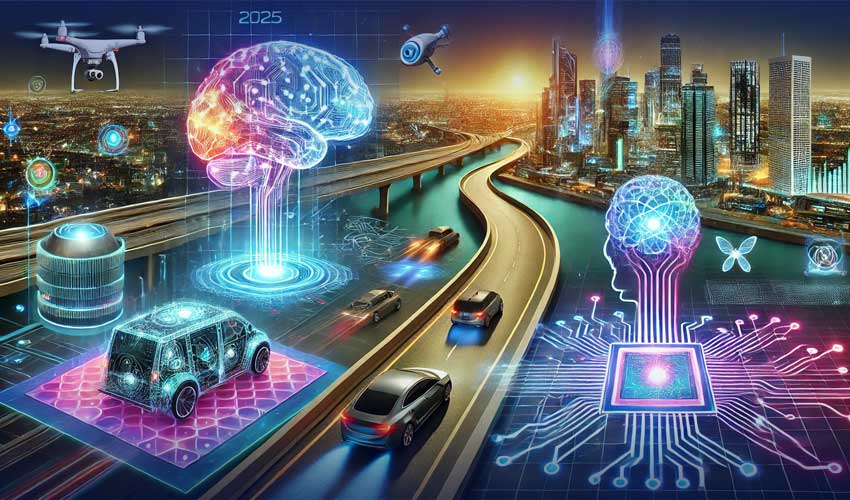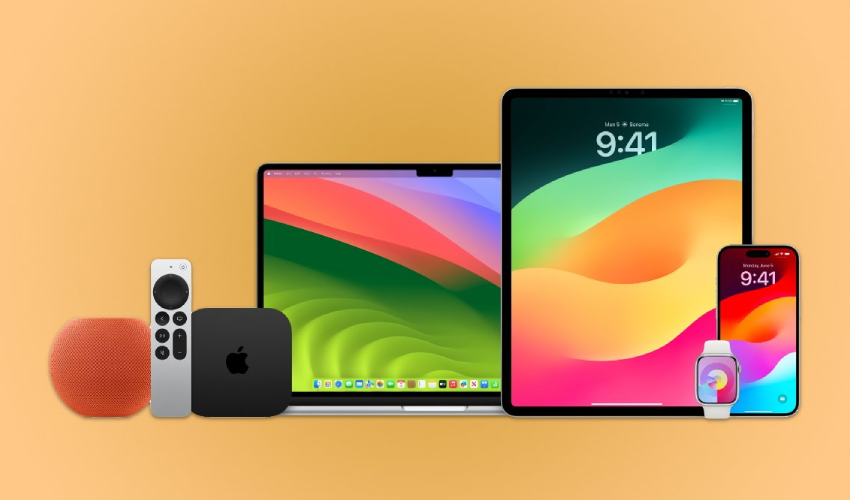As artificial intelligence reshapes industries and autonomous vehicles edge closer to reality, 2025 is set to lead in transformative technological developments across multiple sectors, from healthcare to transportation.
Industry analysts project dramatic advancement in artificial intelligence capabilities, particularly in autonomous decision-making systems.
Gartner forecasts that agentic AI—artificial intelligence capable of learning from experiences and performing tasks independently—will handle 15% of routine work decisions by 2028, marking a dramatic shift from current levels.
Healthcare providers plan to leverage AI for improved patient care delivery, while retailers aim to enhance personalized shopping experiences.
The integration of AI continues to expand, with recent developments including WhatsApp's direct connection to ChatGPT and Apple's incorporation of the technology into Siri.
Autonomous vehicle development accelerates as the UK positions itself for widespread adoption. Following the passage of the Automated Vehicles Act in May, Tesla and other manufacturers are working toward introducing self-driving capabilities in the European market.
While fully autonomous vehicles remain on the horizon, semi-autonomous features are expected to become increasingly common.
The telecommunications landscape anticipates significant changes with the acceleration of 5G deployment, particularly following the Vodafone-Three merger.
Meanwhile, research into 6G technology continues, though experts caution that commercial implementation likely remains a decade away.
Neuralink's successful human brain chip implantation marks a significant milestone. Gartner predicts that by 2030, nearly one-third of knowledge workers will rely on brain-machine interface technologies to maintain competitiveness in an AI-driven workplace.
The quantum computing race intensifies as tech giants pursue breakthrough developments. Google's recent introduction of its Willow chip demonstrates promising advances, solving complex computations in minutes that would require traditional computers millennia to complete.
Augmented reality advances with Samsung's planned release of AR glasses in 2025, following Apple's Vision Pro in delivering immersive digital experiences integrated with physical environments.
Also read:



























